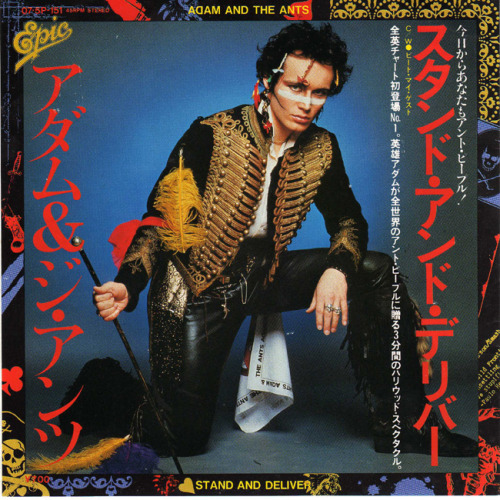You look so tired, unhappy. Bring down the government. They don’t, they don’t speak for the weekend.
Long examinations of why shitty movies suck.
Brilliant advice (thanks, R).
A shitload of good Pandemic jokes.
Dr Seuss+Dr Dre (thanks, C):
Ken Copeland’s Wind Of God:
